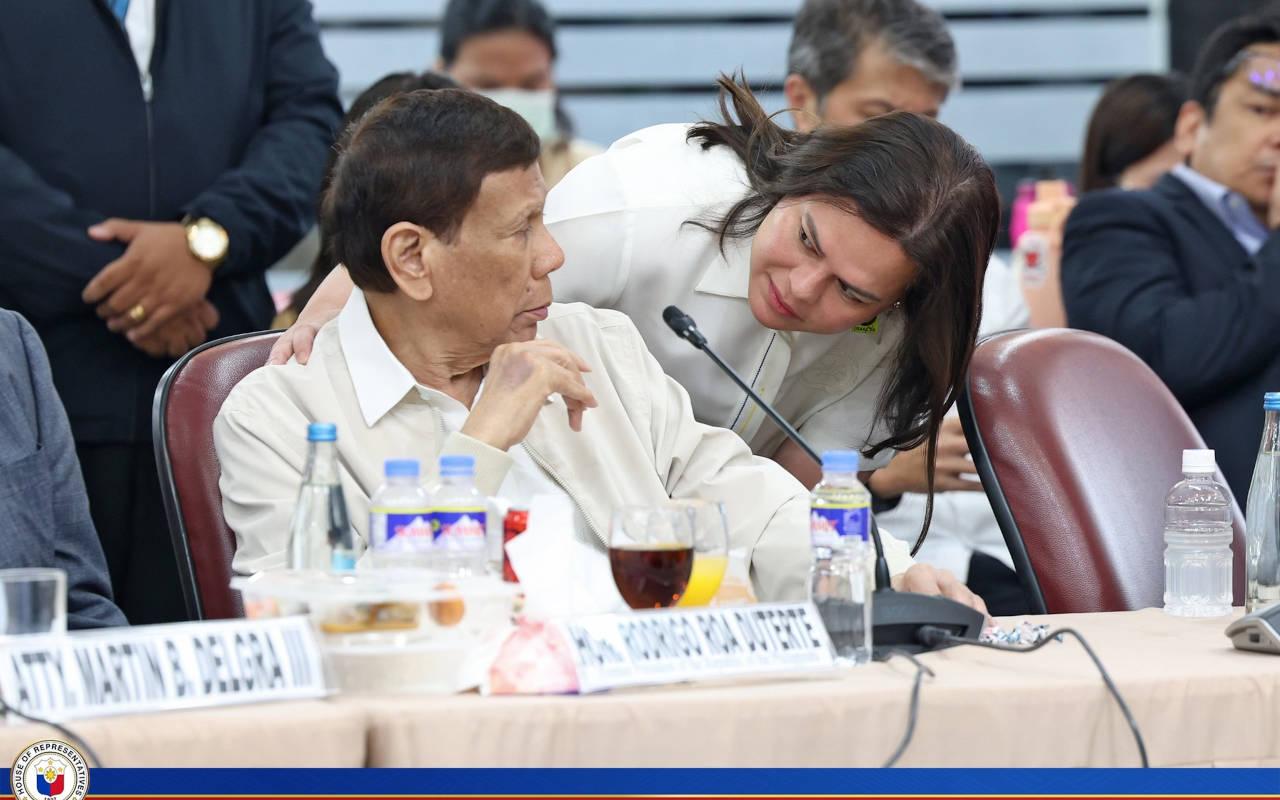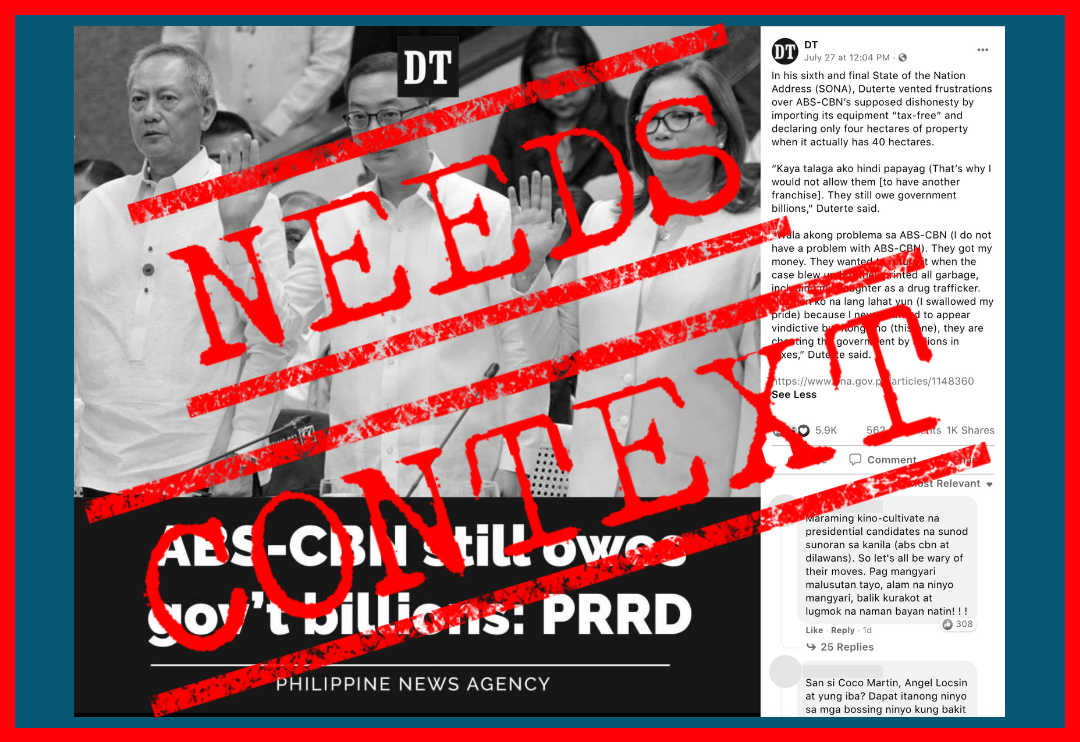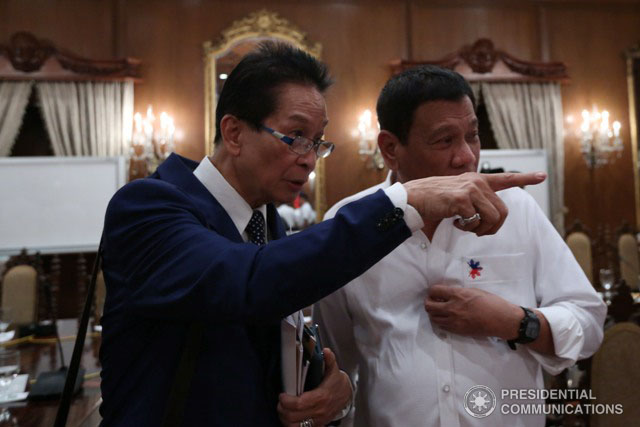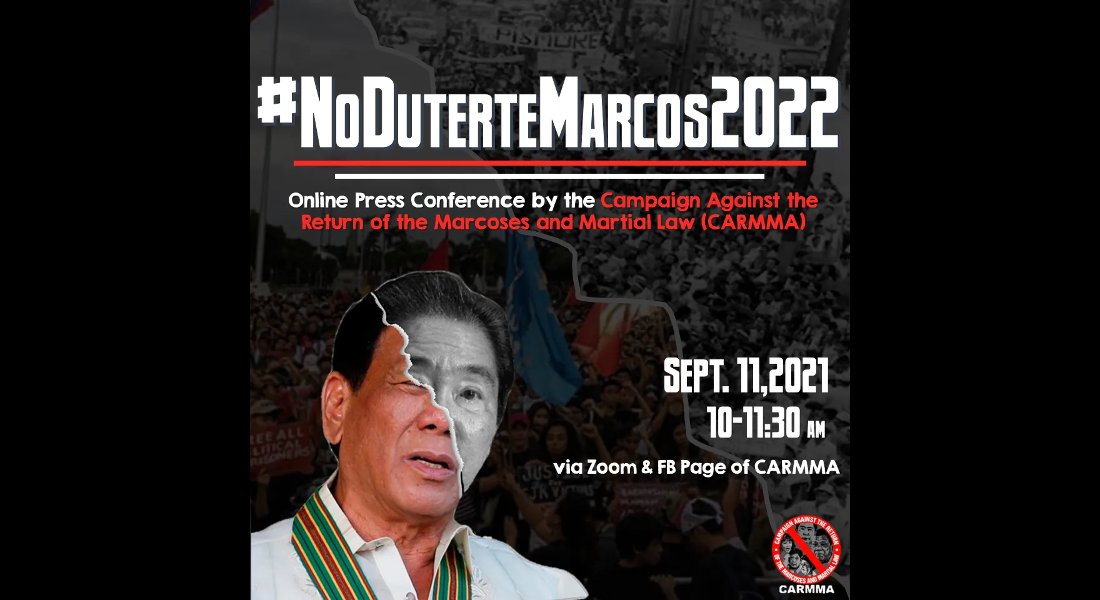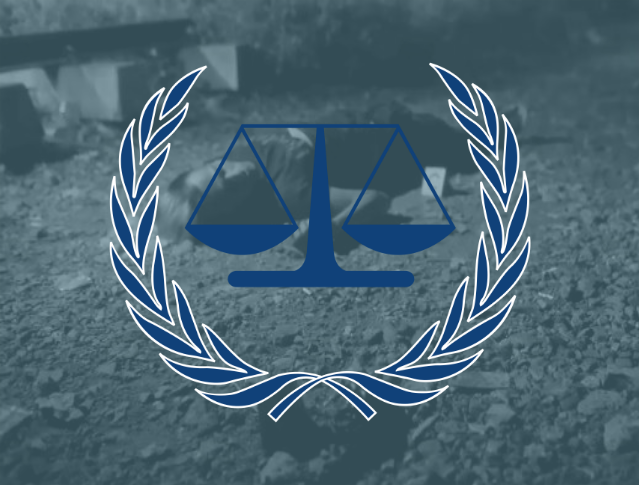When the country’s vice president makes a “no joke” revelation of a plan to have the president and two other persons killed, then dismisses it within a hundred hours as a “conditional threat” and into a “farce, imagined, or nothing at all” that is “not actionable,” would you consider that coming from someone of sound mind?
When a 79-year-old former president repeatedly commits to “take full legal responsibility” for the thousands of extrajudicial killings and backpedals two hours later when confronted with specific cases involving “high-value” victims of killings attributed to the drug war, would you simply attribute it to old age?
The Dutertes have kept us playing a guessing game, especially when they are trying to extricate themselves from controversies.
People who claim to know them from way back would say we should get used to their flip-flopping and hyperbole and just accept them for what they are. But being in such important positions in government, they ought to be clear in their statements, particularly involving policies that affect a good number of people.
When should we take them seriously? When should we consider their statements with a grain of salt? How would we know that a joke is not really a joke and when something they declare to be serious is supposedly a joke?
How can we believe the vice president’s sincerity in helping families surviving on rice and salt when she has been using all sorts of tactics to avoid answering legitimate questions on her apparent misuse of P612.5 million in confidential funds?
When former president Rodrigo Duterte punctuates his statements with phrases such as “Seryoso ako” or “Hindi ako nagbibiro,” should we take his word for it? Many times in the past, his minions had to take turns explaining, sometimes even interpreting what he said created controversies or adversarial reactions from critics.
Vice President Sara is very much like him. Before dawn on Nov. 23, she said in a virtual press conference: “May kinausap na ako na tao. Sinabi ko sa kanya, kapag pinatay ako patayin mo si BBM, si Liza Araneta at si Martin Romualdez. No joke. No joke. Nagbilin na ako, ma’am, ‘pag namatay ako sabi ko, ‘wag ka tumigil, ha, habang hindi mo mapatay sila.’ And then he said, ‘yes’.”
A few hours later, she repeated it and insinuated that she knows who would want her killed. “Nagbilin na talaga ako. Sabi ko ‘pag pinatay ako, ‘pag pinatay ako alam na natin, wala namang iba, eh. Sino ba gustong magpapatay kay Inday Sara? Diyos ko!”
After negative comments on her statement came out the next day, she changed her tune. When interviewed again by a TV crew, she said: “Hindi naman yata mahina ‘yung volume noong Zoom press conference. Sinabi ko kung mamatay ako… Ibig sabihin, in the first place, meron nang threat sa akin, but they simply do not care that I’m simply concerned about my security… because I hear things. It’s the same as itapon ang bangkay sa West Philippine Sea. Talking about doing it is not actionable.”
She continued: “They’d say that’s a threat to the life of the president? Bakit ko daw siya papatayin... if not for revenge, from the grave? There’s no reason na papatayin ko siya. Ano’ng benefit nu’n sa akin? Papatayin ko si Liza, ano’ng benefit nu’n para sa akin? Wala. Buti sana kung tagapagmana ako ng nakaw na yaman. ‘Di naman.”
After two days, she said her statement was “taken out of its logical context,” adding, “There is absolutely no flesh on the bone, and despite the absence of a reliable investigation, authorities were quick to consider this as a national security concern.”
On Nov. 26, she asserted that her revelation three days prior was “a plan without a flesh” and that “an honest scrutiny would easily expose this narrative to be farce, imagined, or nothing at all.”
After reading her prepared statement before the TV cameras, the vice president was in a combative mood again. She said: “Pag namatay ako, I already asked a person to take revenge against three individuals. So, my question now to the administration is, is revenge from the grave a crime? …I have to die first. They have to kill me first. So, now they can’t kill me anymore unless they want to die.”
What was it really? So, she talked to the “would-be killer” because of a threat to her life? Why did she not report it to the authorities? She merely said she had been warned by two persons “to be careful” but provided no other detail about the threat. She was also asked by a media person if she knew about a plan to “wipe out” the Duterte family, supposedly dubbed “Operation Plan Romanov,” referring to the Russian imperial family slaughtered in 1918 by Bolshevik revolutionaries.
It was not a media person but a female supporter of the Dutertes who asked her to confirm the existence of a so-called Romanov plot.
When not reading prepared speeches or statements, the Dutertes can talk endlessly, and they do talk dirty when they’re mad. They humiliate others, utter cuss words, threaten violence or create intrigues. They become impulsive, lose control of their emotions, twist facts and make contradictory statements. They seldom apologize for their harsh words, but they tone down until their words are reduced to mean the opposite or they turn to something else.
Keeping track of the public statements of the Dutertes — which is necessary for my line of work — is truly a sanity survival challenge. Don’t you feel discombobulated when you listen to any of the Dutertes? It’s been over eight years since they became national political figures, and I can’t get used to their tangled tales. Listening to them quite often, just like in the last few weeks, is not good for my mental health.
The views in this column are those of the author and do not necessarily reflect the views of VERA Files.
This column also appeared in The Manila Times.
